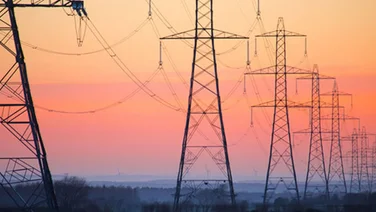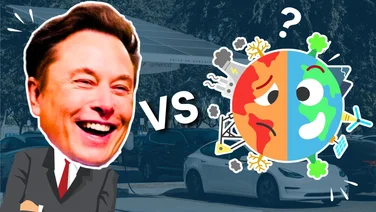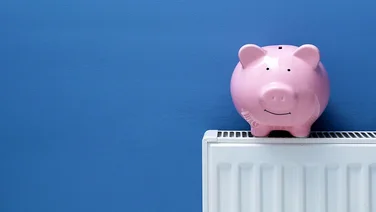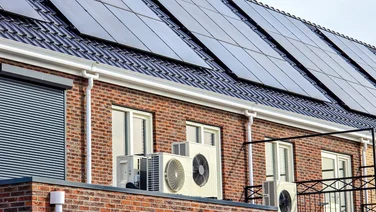- Carbon emissions from vans have risen by 63% since 1990
- There are 1 million more vans on the roads since 2014, with nearly half diesel fuelled
- Vans have seen a 38% decrease in nitrogen oxide emissions since 1990

A lack of EV chargers is holding the UK back in electrifying vans
Carbon emissions from vans in the UK have risen by 63% since 1990 due to a lack of available electric vehicle (EV) charging stations, according to research from clean transport and energy group Transport and Environment .
The group found that since 2014, there are a million more vans on the road, with nearly 50% fuelled by diesel as many sole traders cannot afford the costs of electric.
This is despite cars getting more environmentally friendly and more drivers choosing electric or plug-in hybrid.
Specifically nitrogen oxide (NOx) emissions are down by 88% from cars and 91% from HGVs since 1990.
Vans have had a 38% decrease although emissions are higher than they were 2011, and the data shows the amount of CO2 emitted from vans isn’t falling fast enough.
In 2019, the average new van emitted 159g of CO2 per kilometre. In 2020, this decreased to 154g, half the rate of annual reductions needed to reach net-zero emissions by 2035.
Efforts have been made to change this with the EU 2023 agreement to end sales of new diesel and petrol vans by 2035, but in the UK this is hindered by costs and a lack of charging infrastructure, particularly EV charging stations.
Head of the Clean Cities campaign, Oliver Lord said the UK is lagging behind countries, such as the Netherlands in regards to zero emission logistics zones.
“
[the new laws]
mean that when you’re driving a van into their cities, if it’s registered after next year, it has to be electric, and by 2030, they’ve all got to be electric,” he continued.
“The share of electric vans sold in the Netherlands is twice that in the UK. There’s no way we’ll clean our air and hit our climate goals unless we do more to help businesses switch away from polluting diesel vans”.
The Government’s Zero Emission Vehicles (ZEV) mandate aims to ensure that 10% of new van and car sales are electric. By 2035, this is expected to be 100%, with manufacturers set to pay £15,000 for every extra non-electric vehicle sold.
According to the Society of Motor Manufacturers and Traders, 20,253 out of 431,445 new vans registered in 2023 were powered by electric batteries.
Openreach plans to convert its 30,000 van fleet to electric by 2031. Michael Salter-Church, sustainability director at Openreach said there needs to be more pressure on manufacturers to fix the problem.
Additionally, he said the group was “very concerned” that none of the political parties have pledged to extend electric van grants beyond 31 March 2025.
Openreach currently has 4,100 electric vans with the help of a government grant that offers up to £5,000 a van.
However, this grant is limited to a maximum of 1,500 vans per year per company. They’ve also installed chargers at the homes of 2,000 of their engineers as they still face the issue of incompatible chargers.
“Quite often charging points are designed for cars, so we’ve found limited parking spaces, short cables and sometimes we found they are installed in car parks where the barrier height means vans can’t get in, Salter-Church said.
“Charging infrastructure needs to be improved.”
Transport is the largest emitting sector of greenhouse gas emissions in the UK, producing 26% of the UK’s total emissions in 2021.







